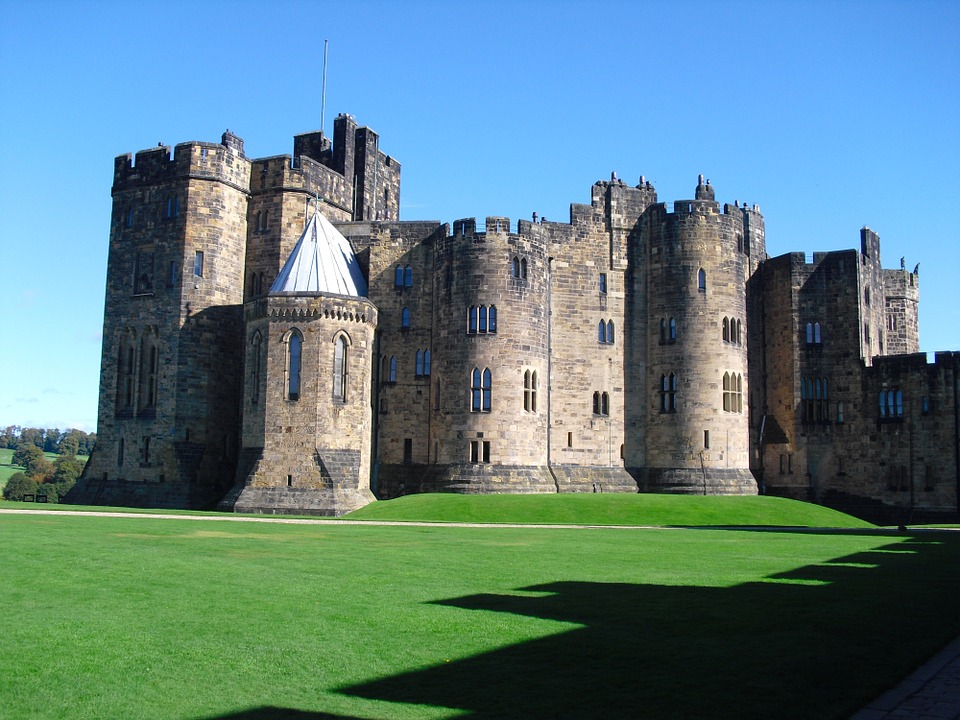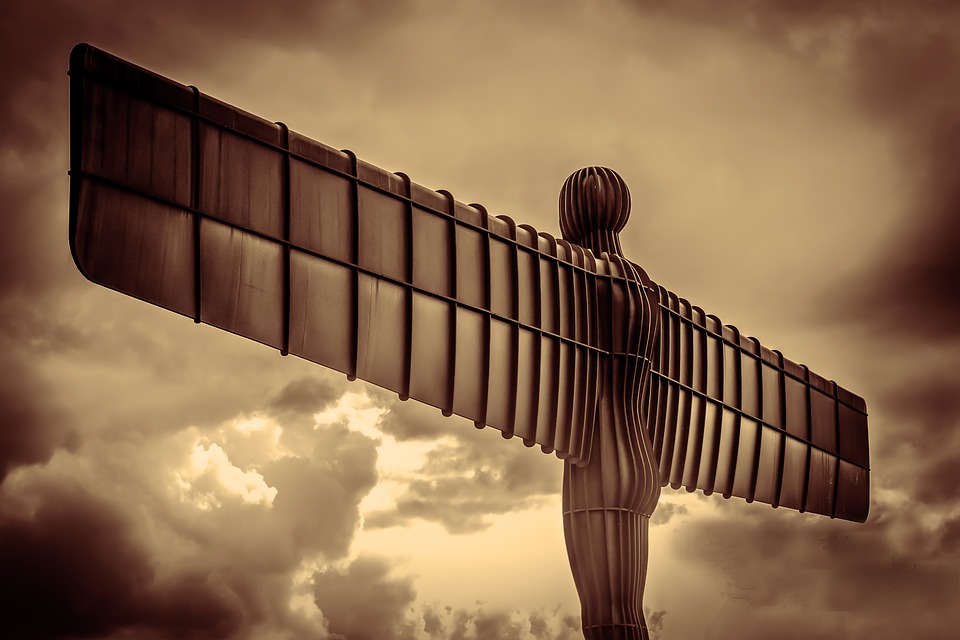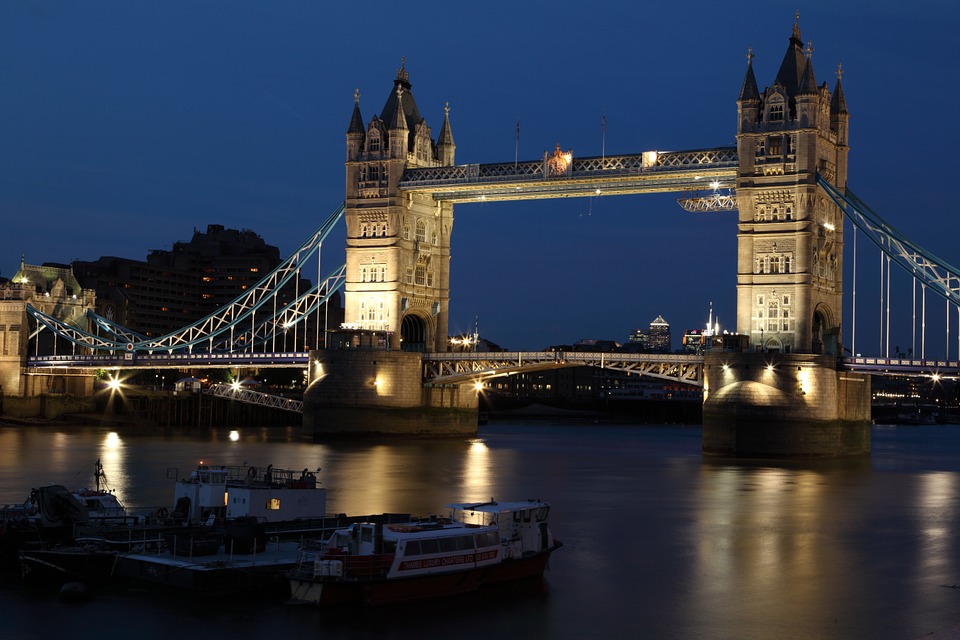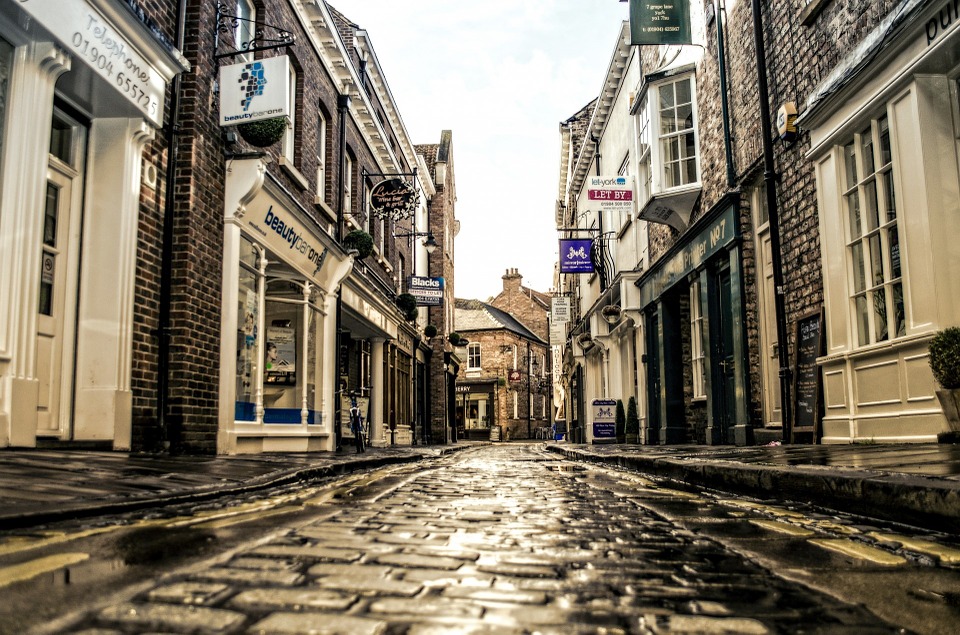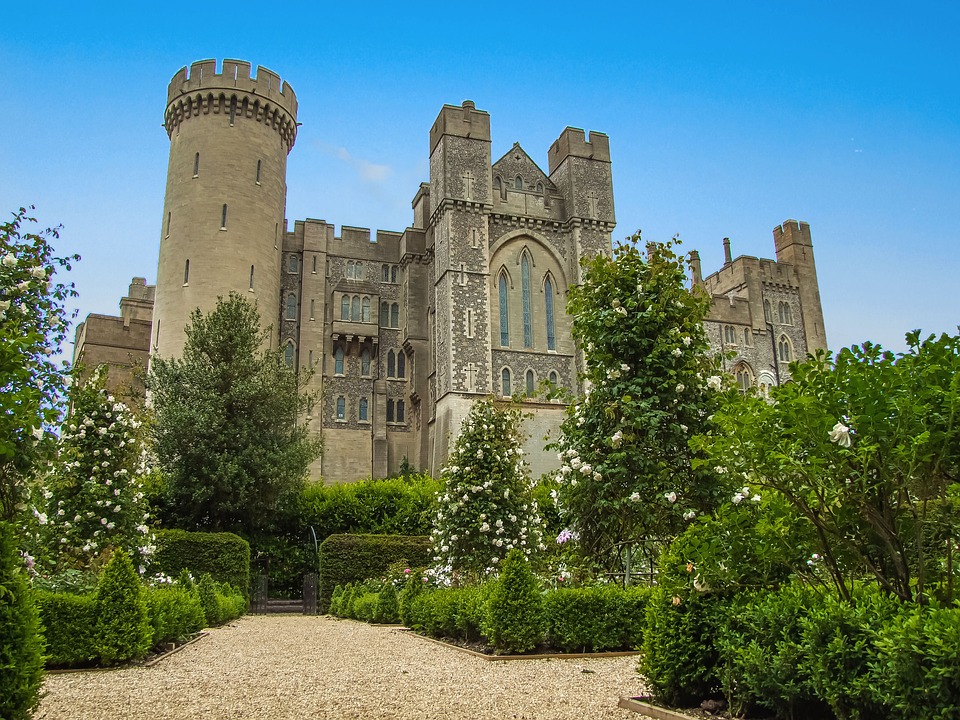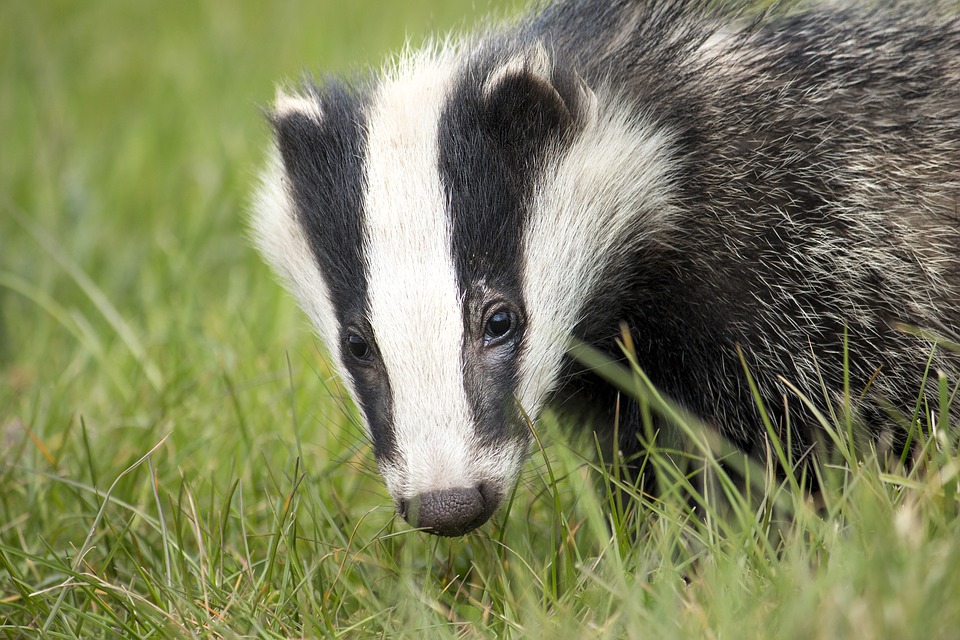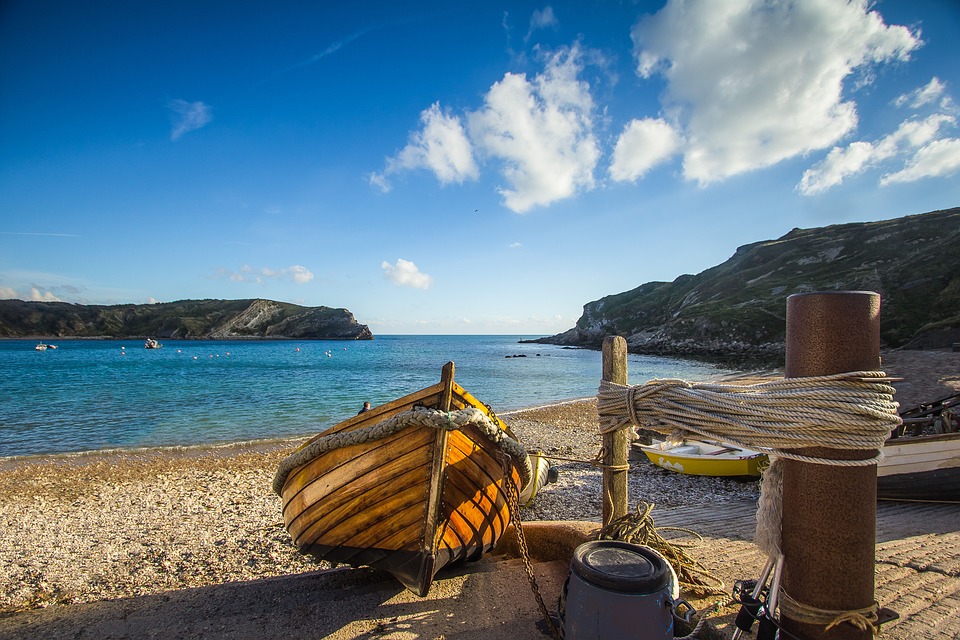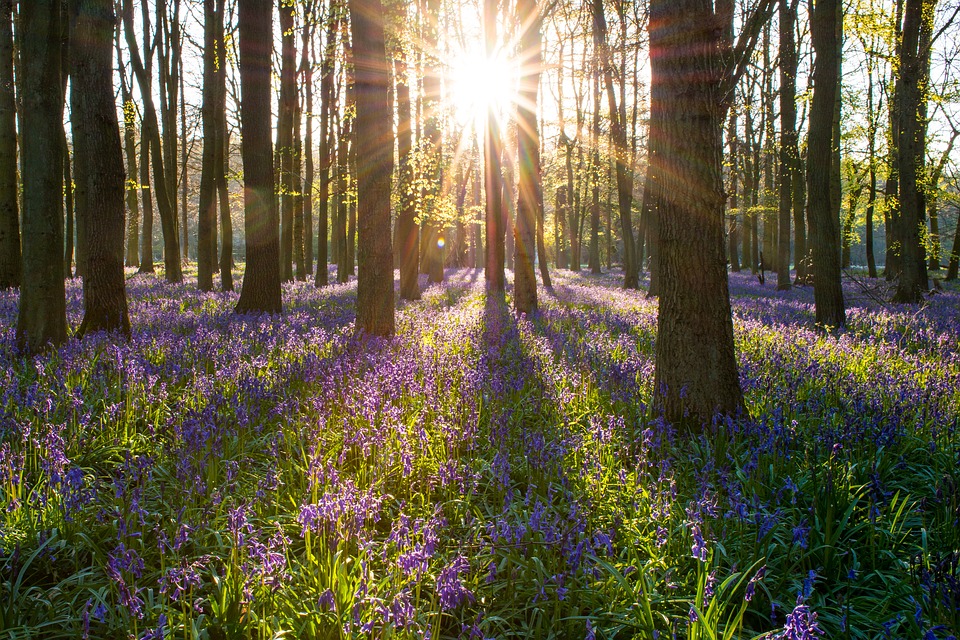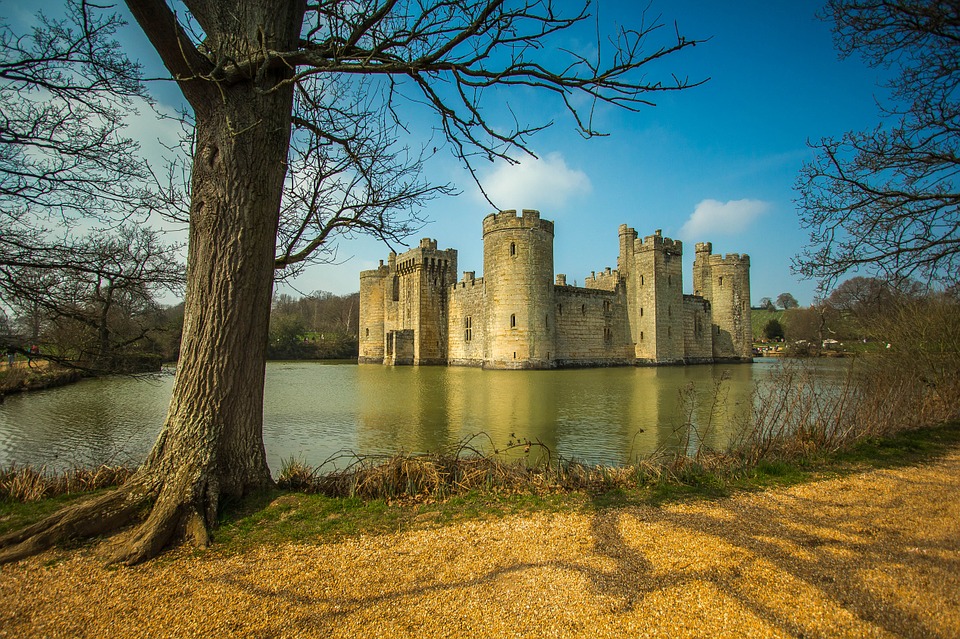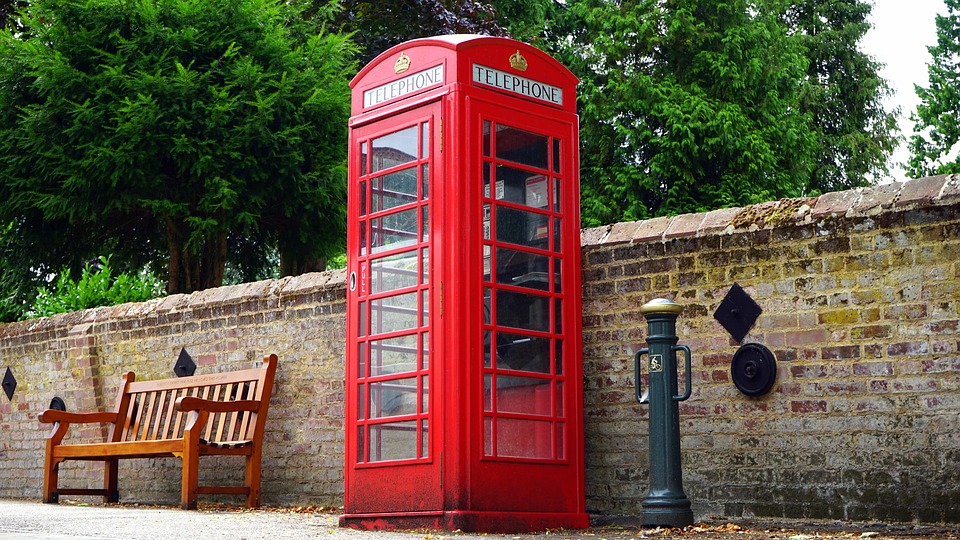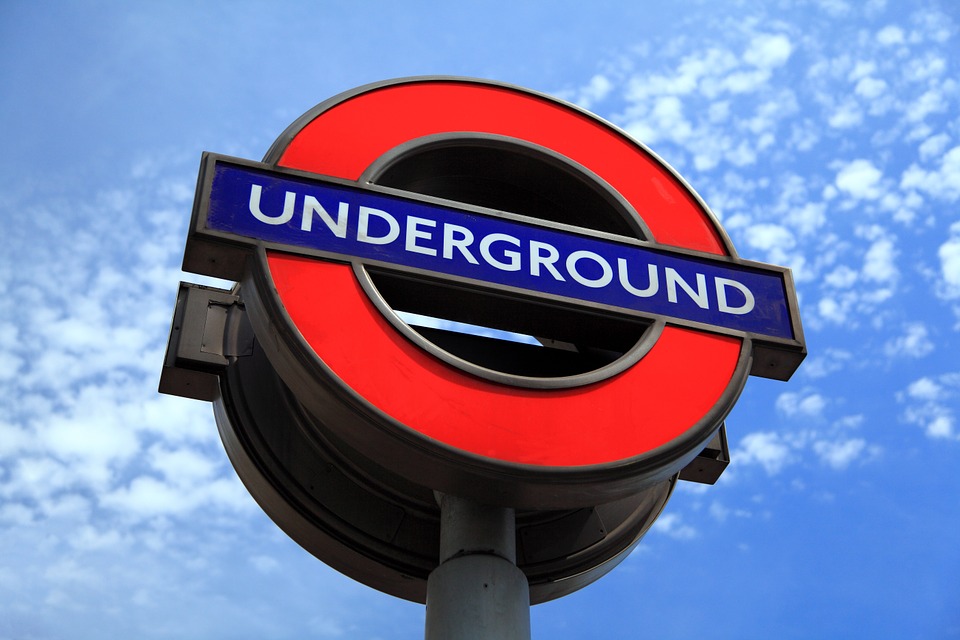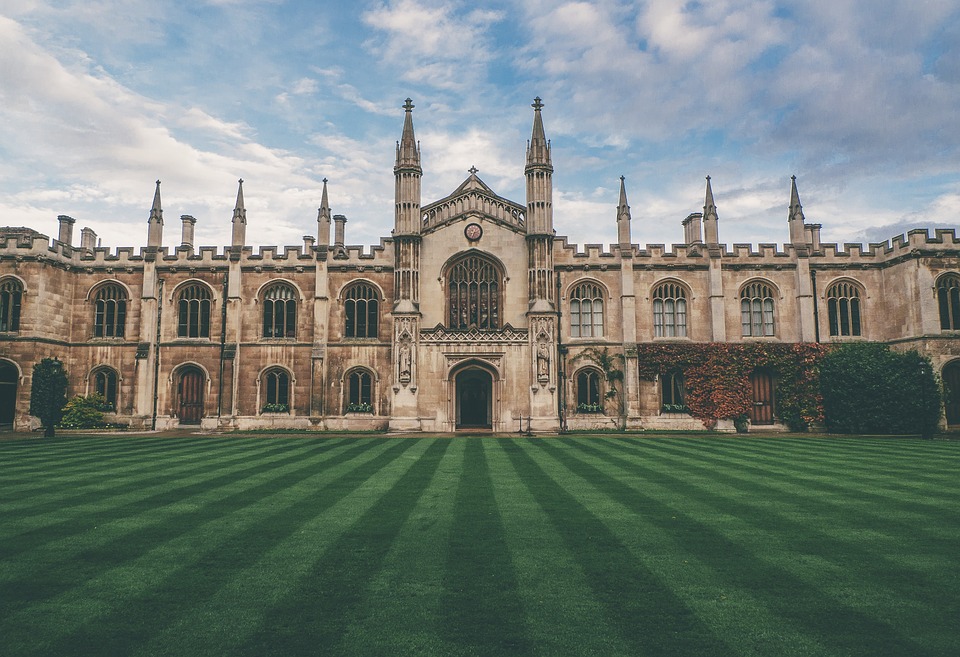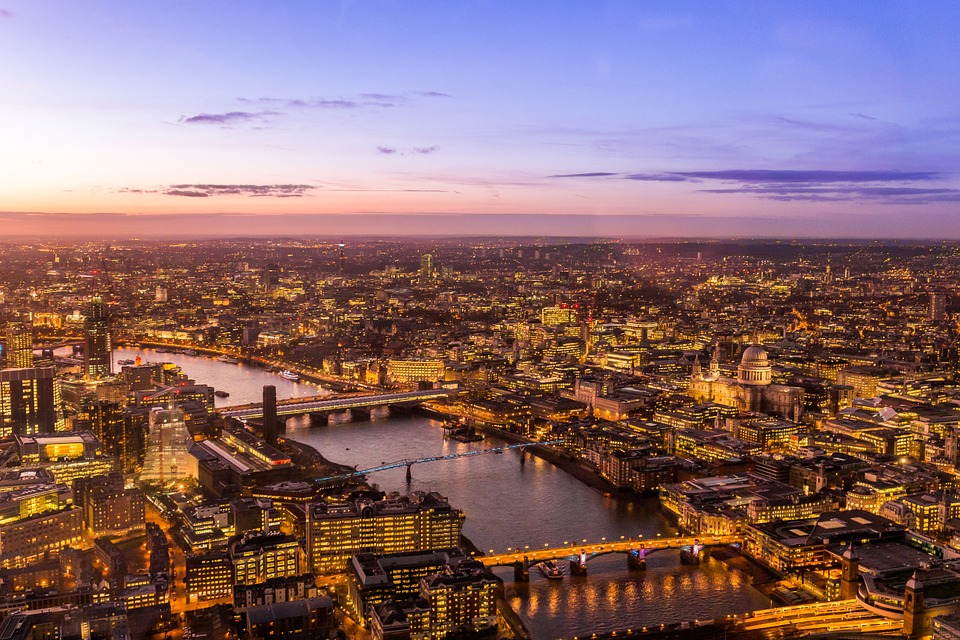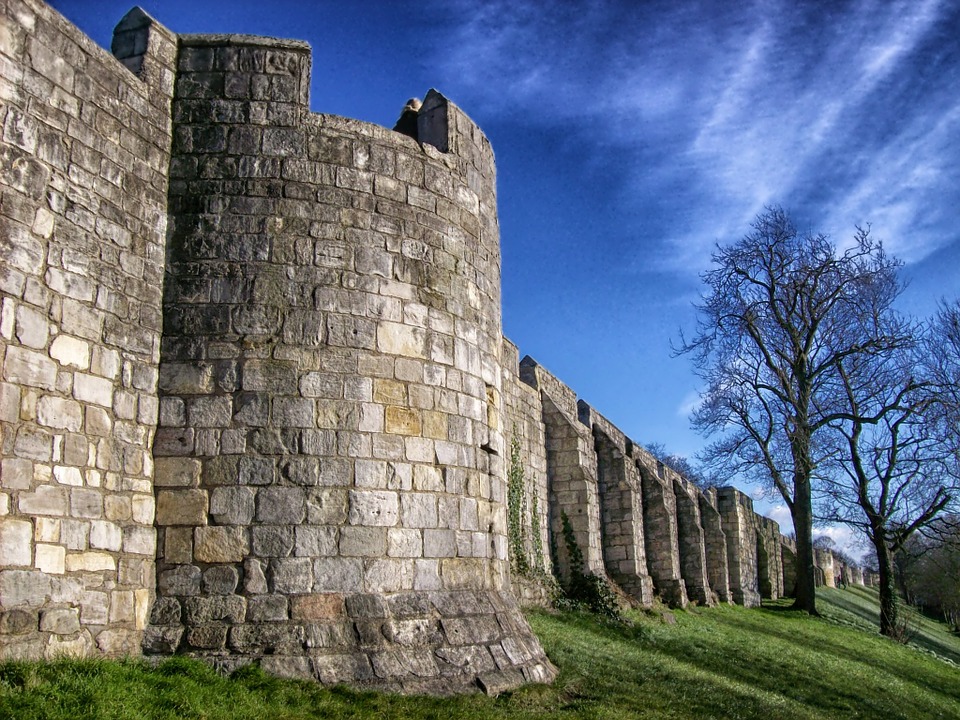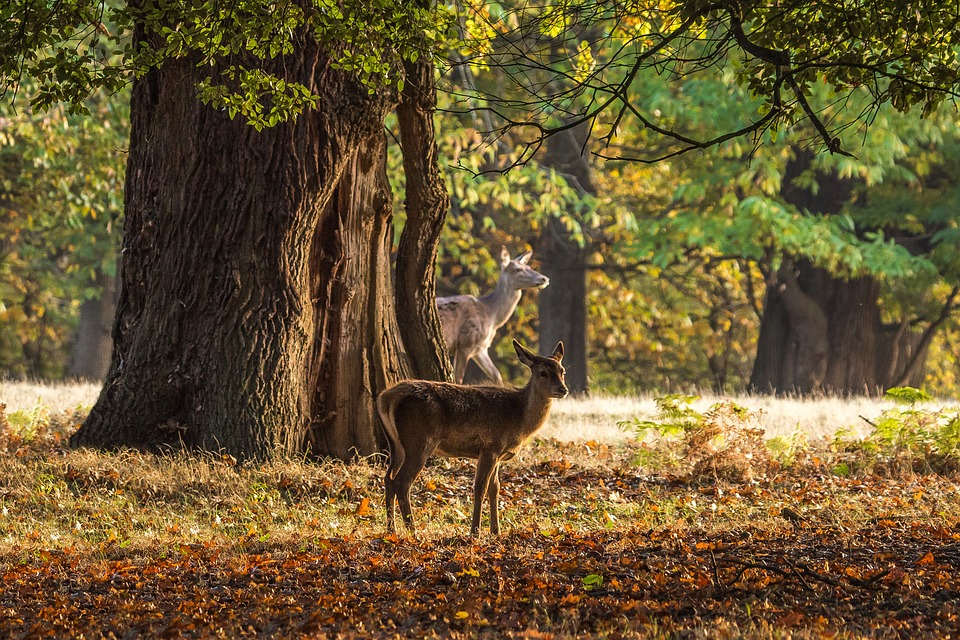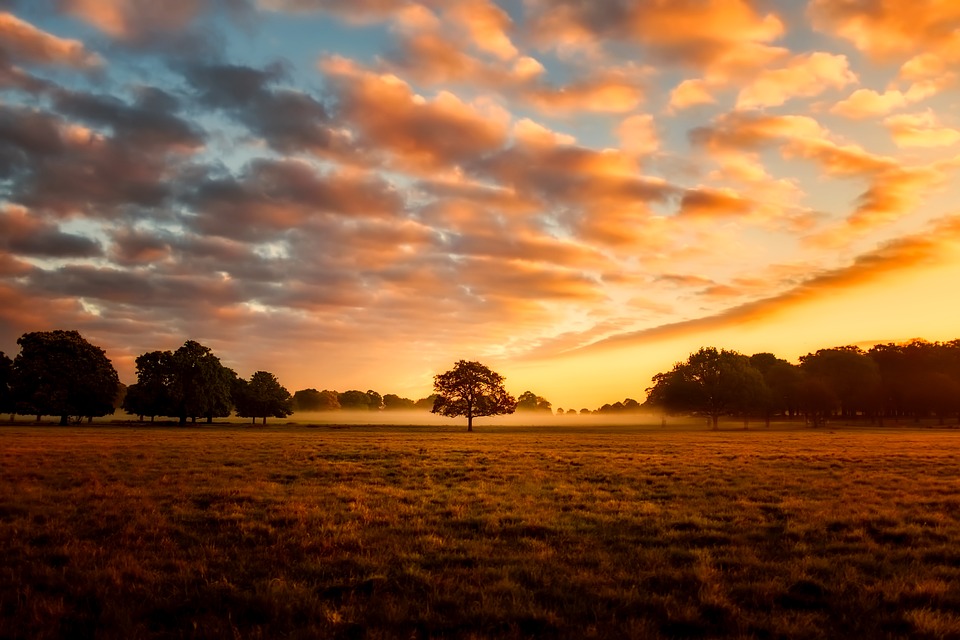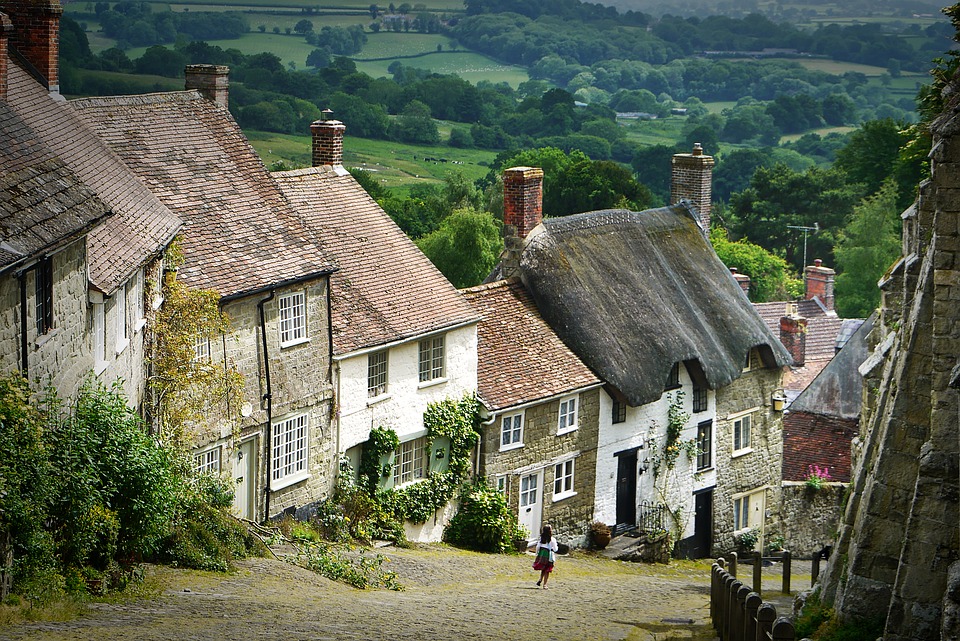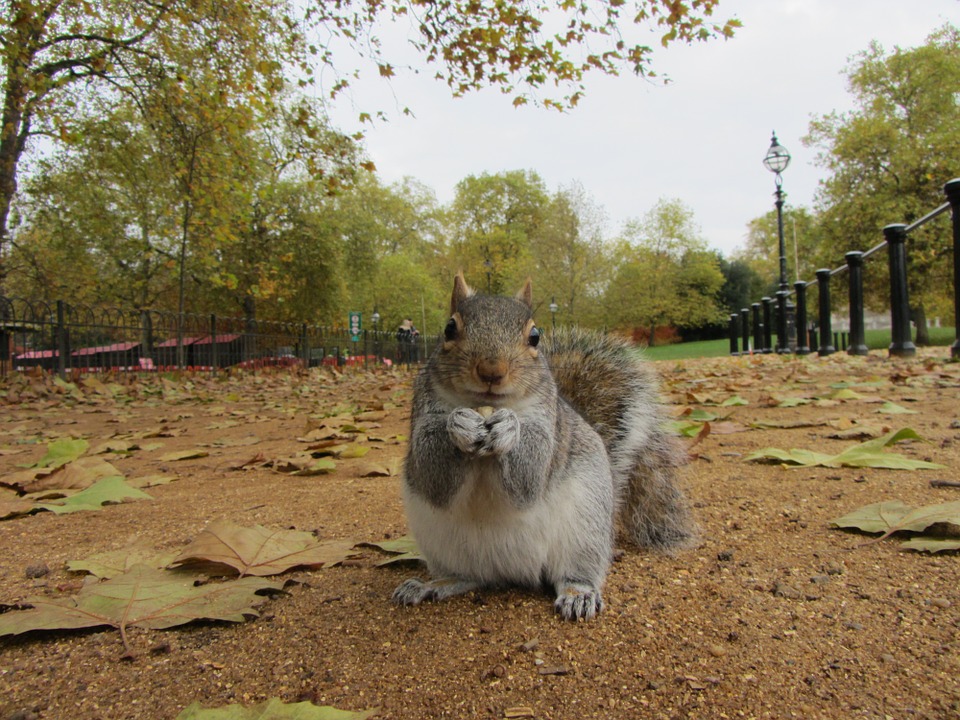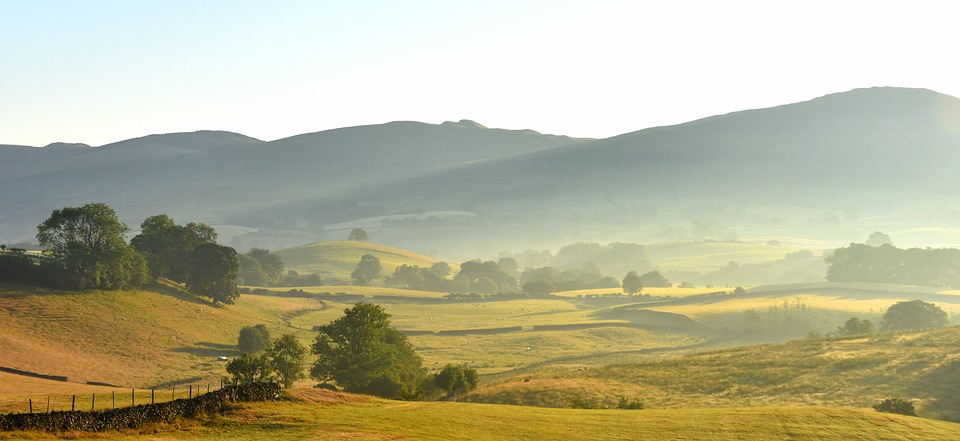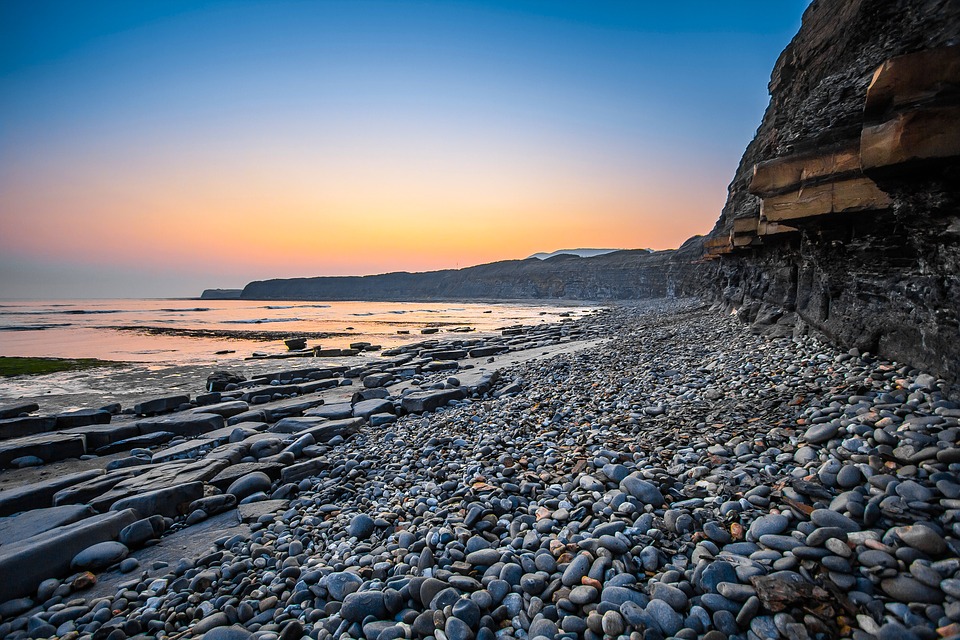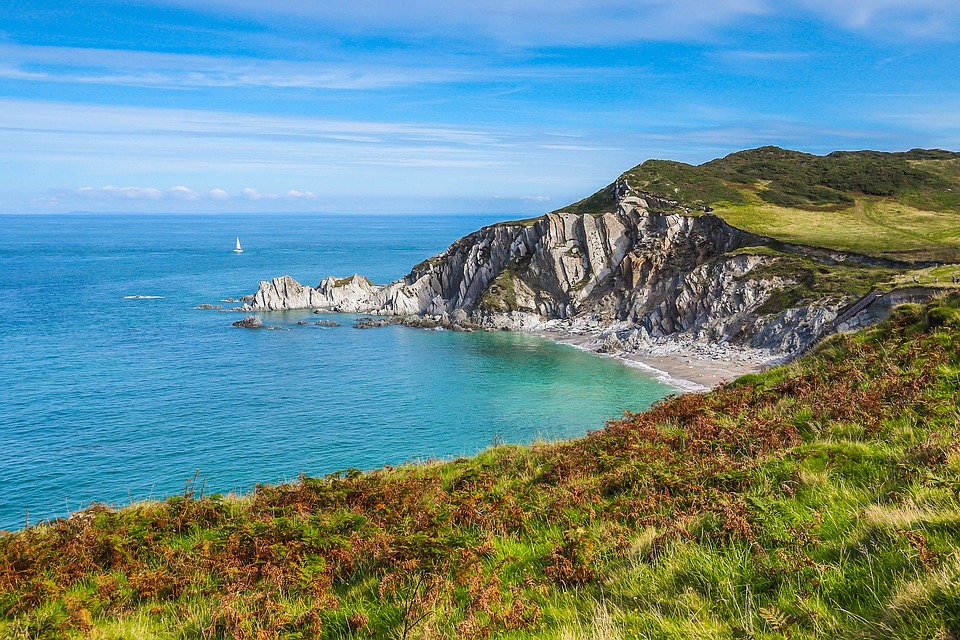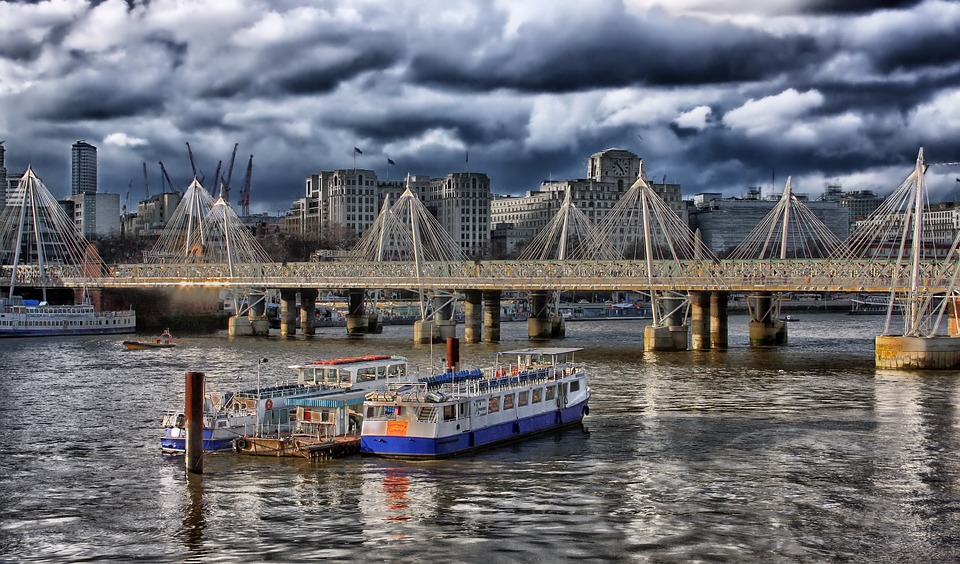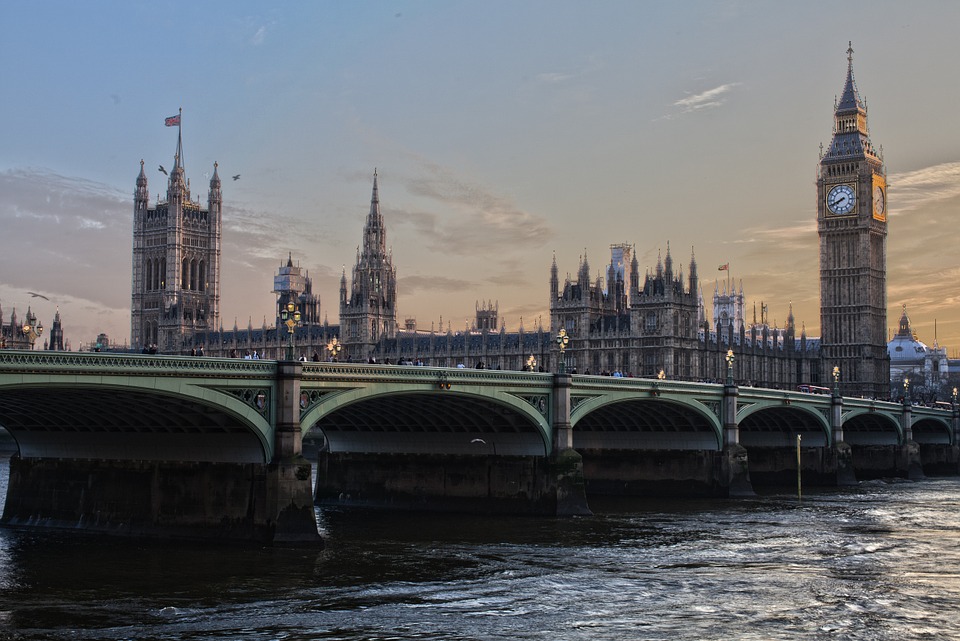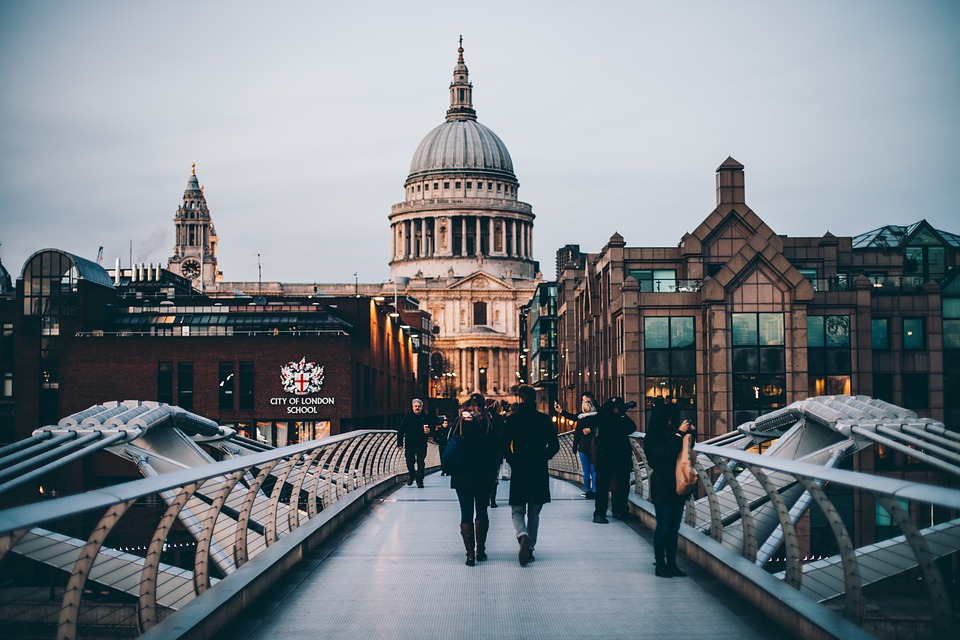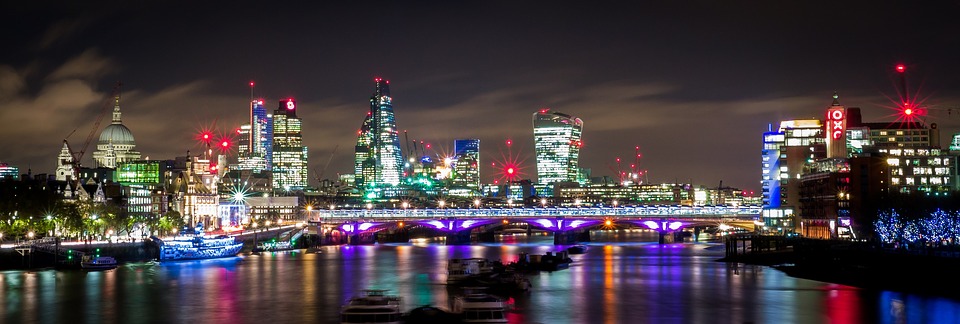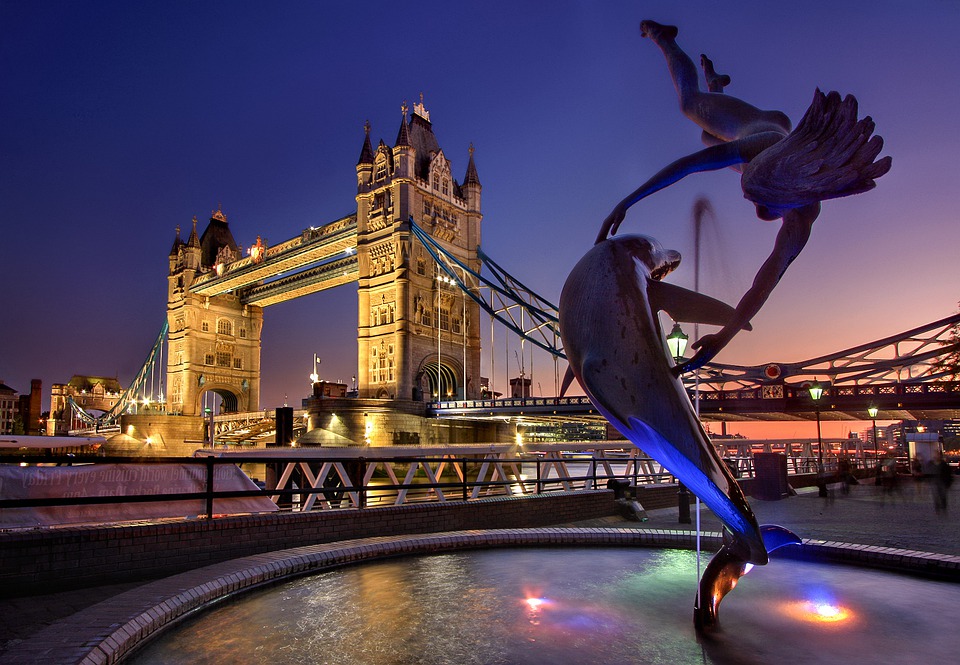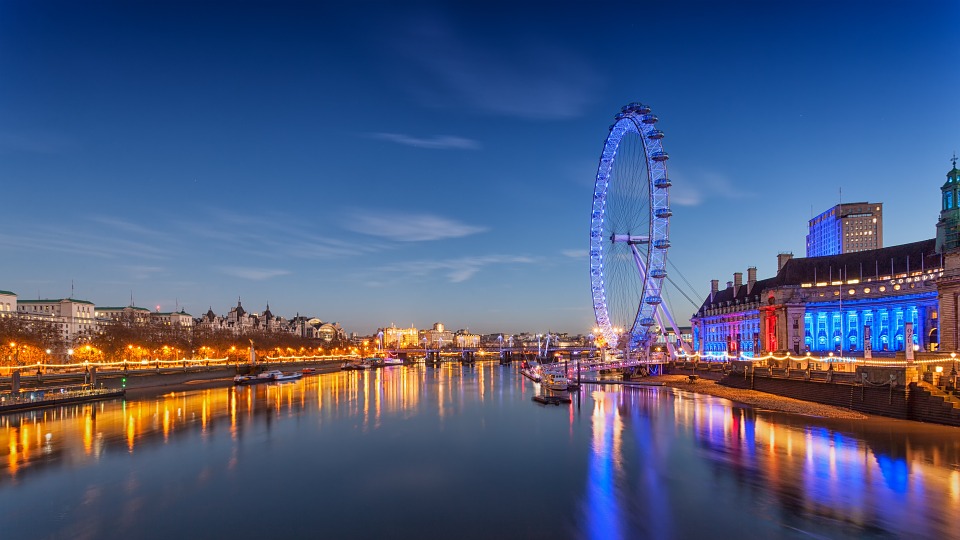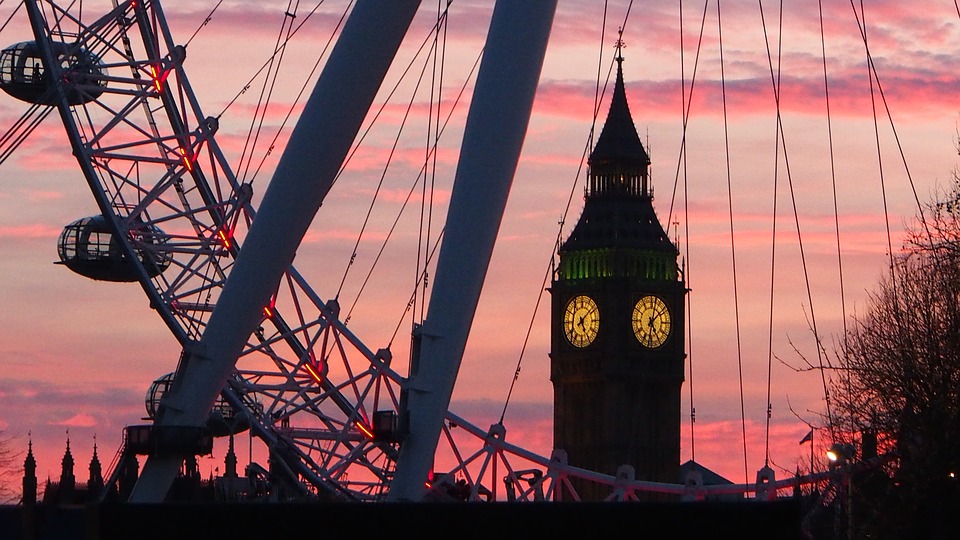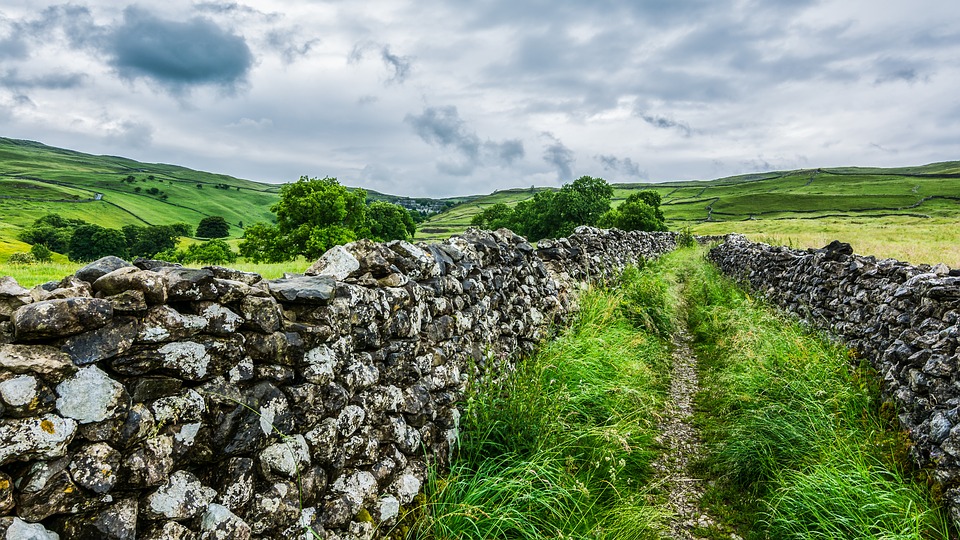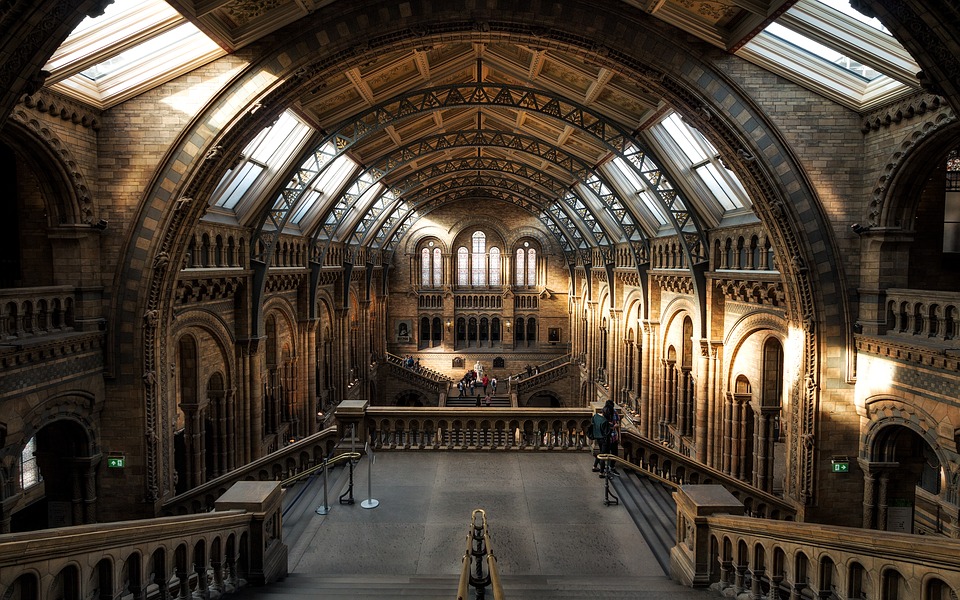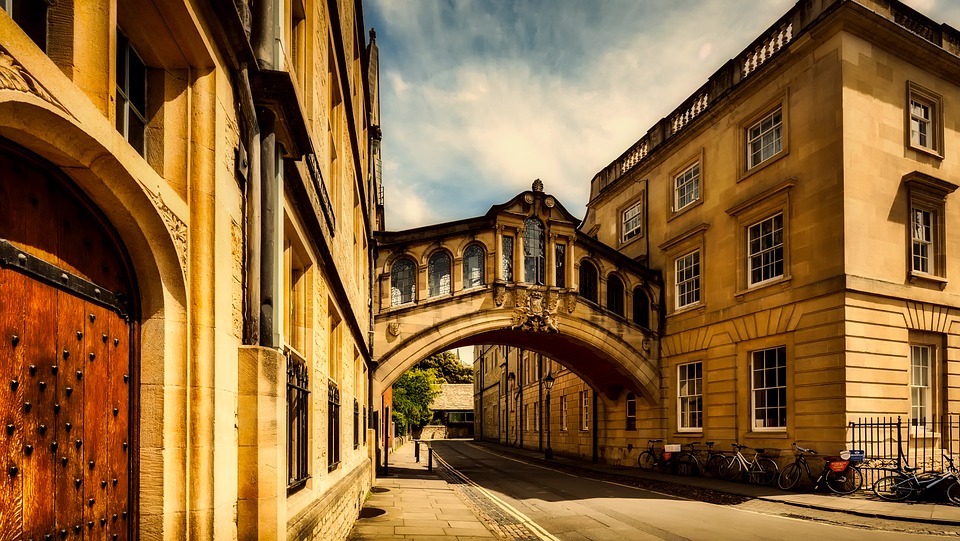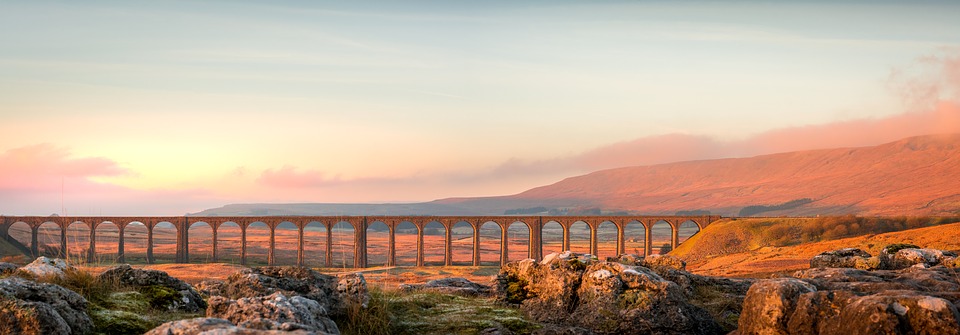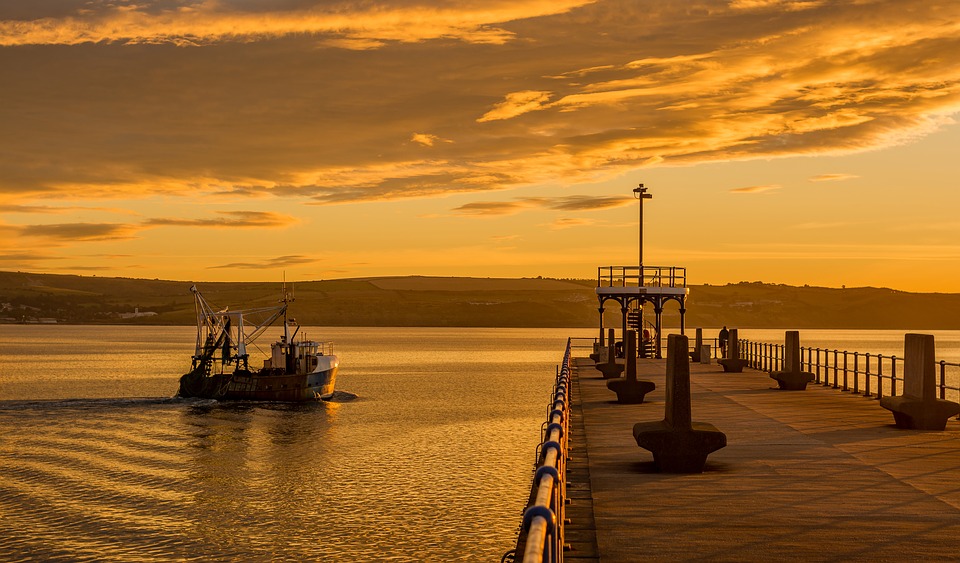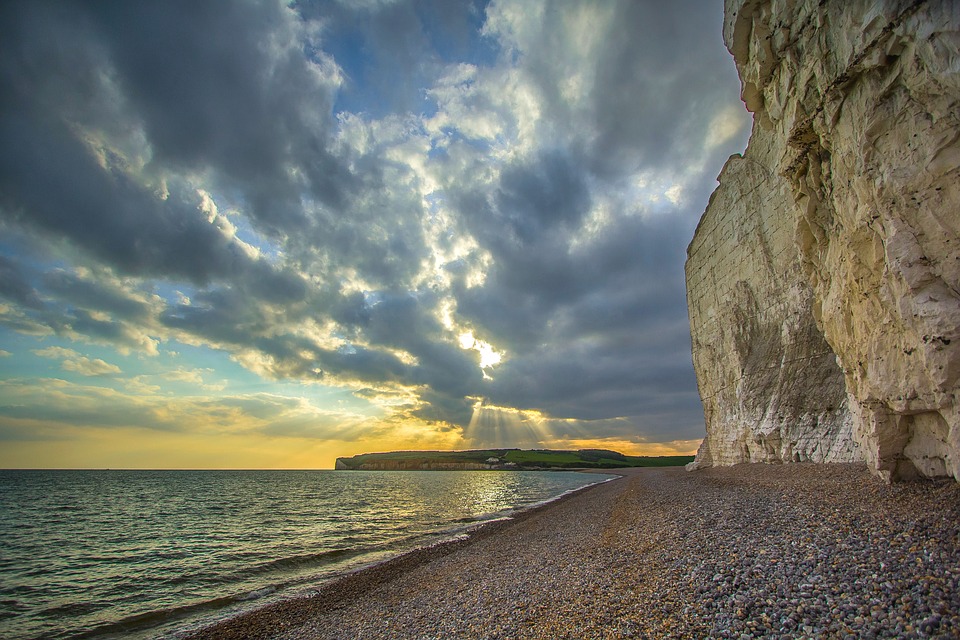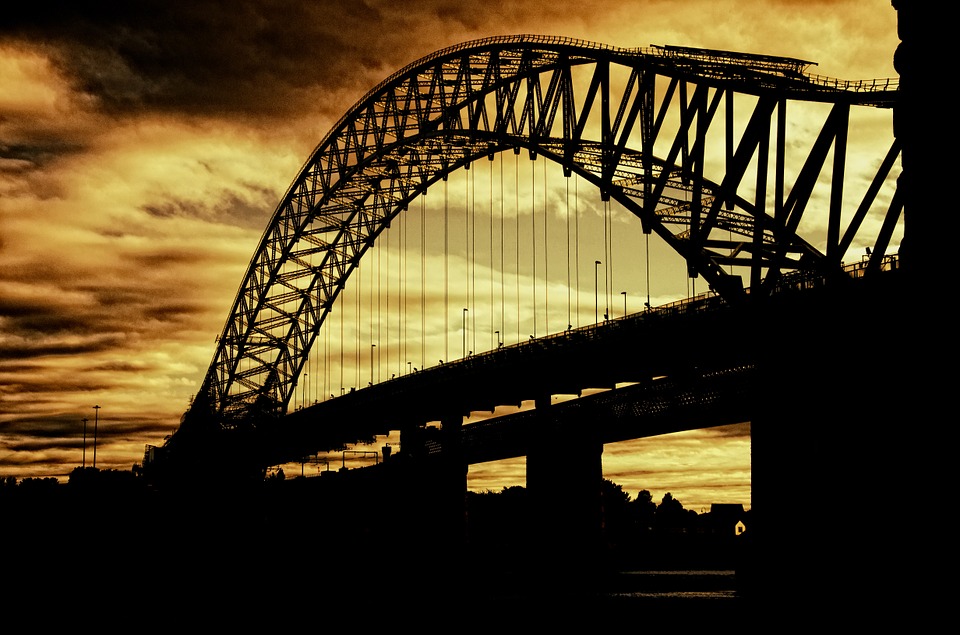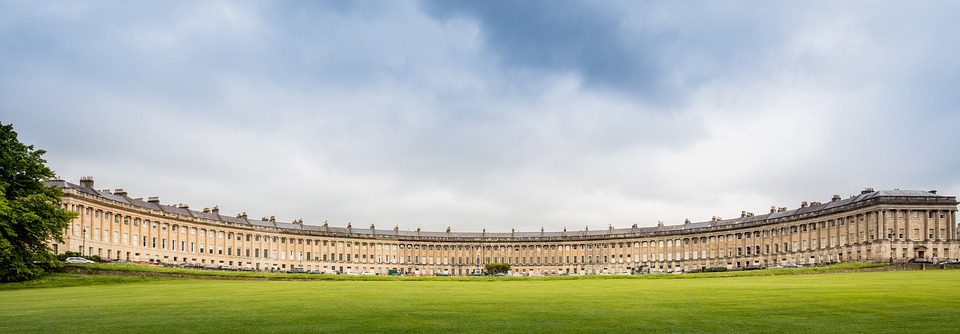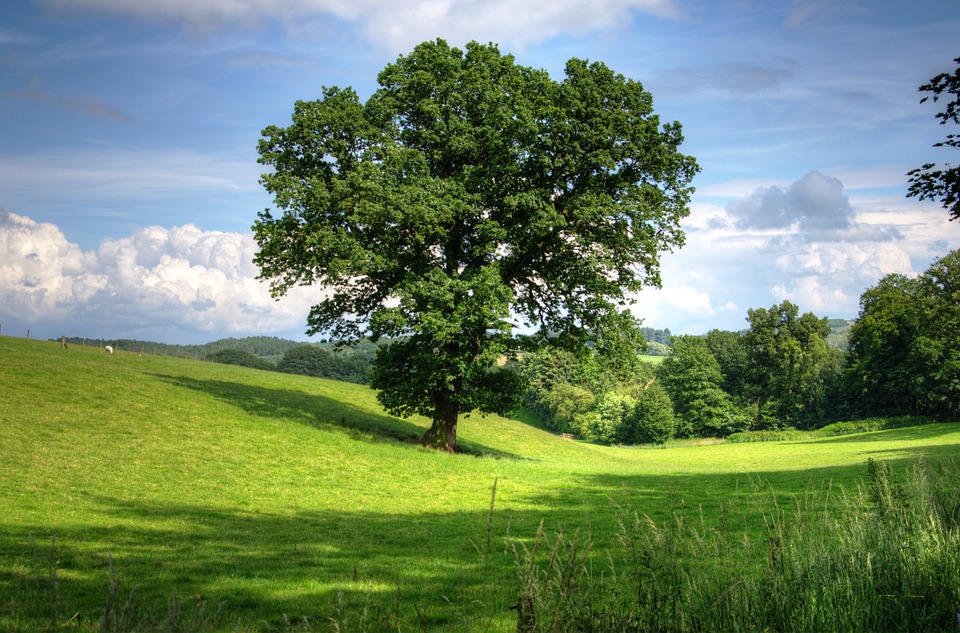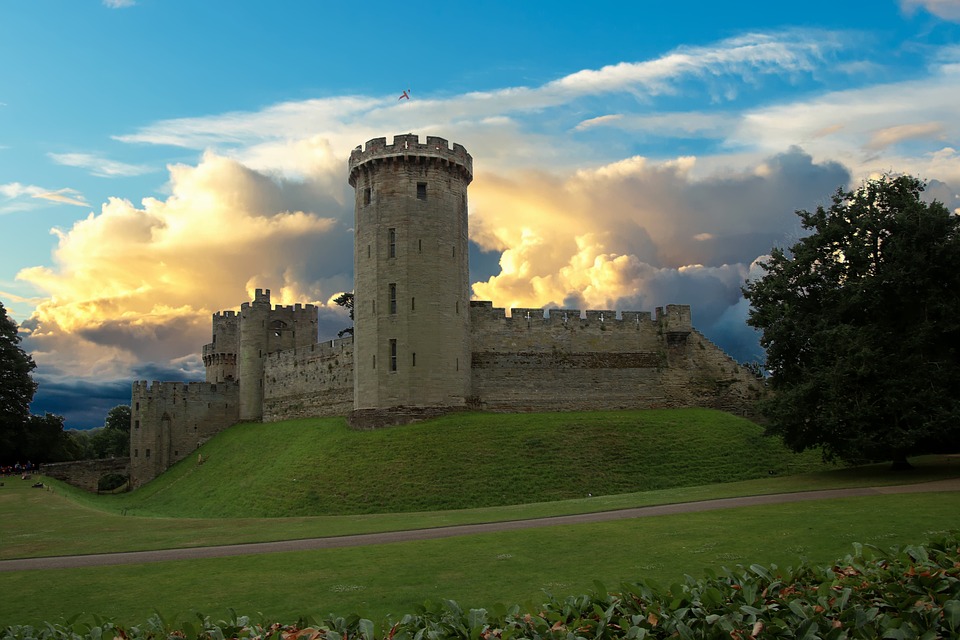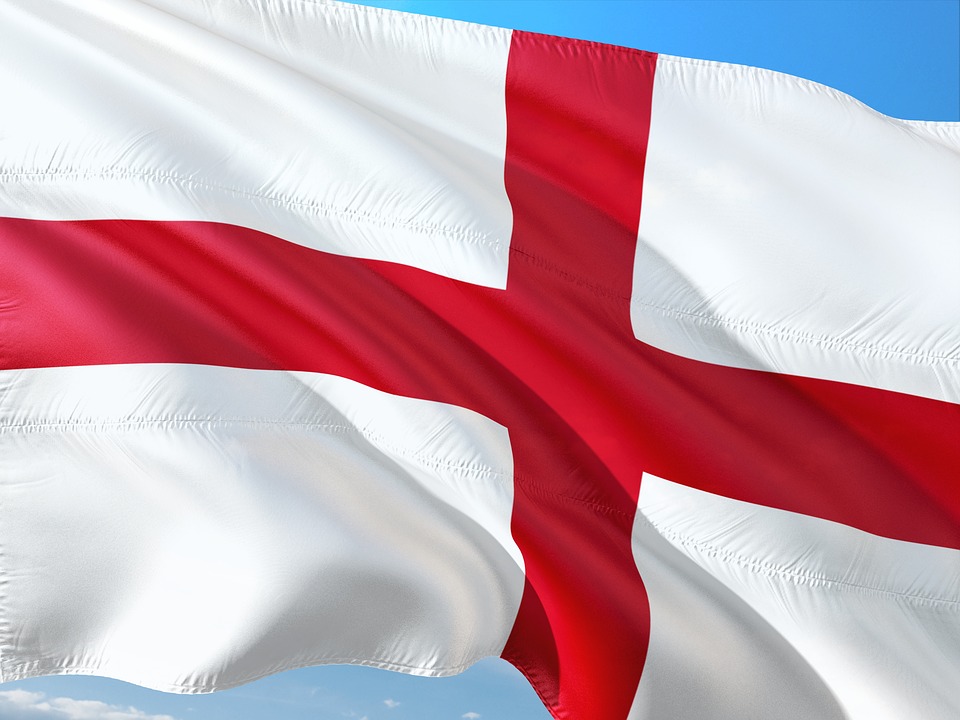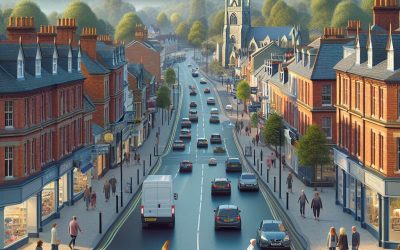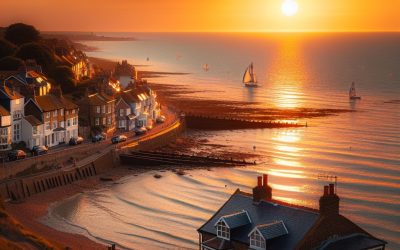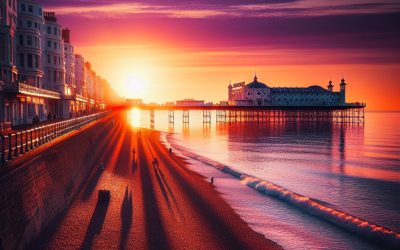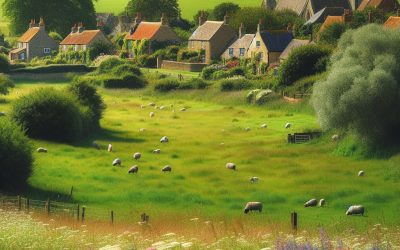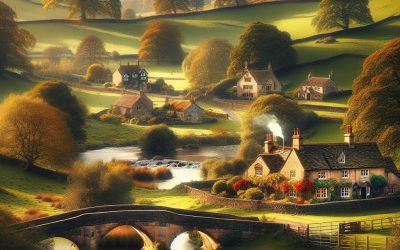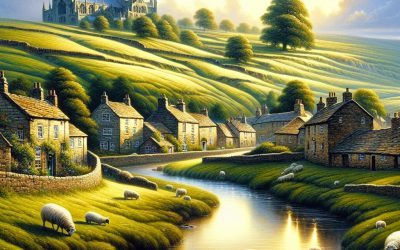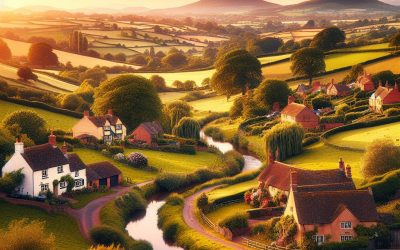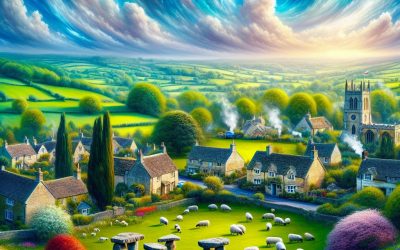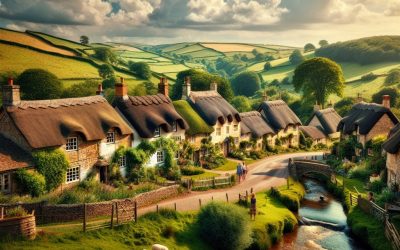England

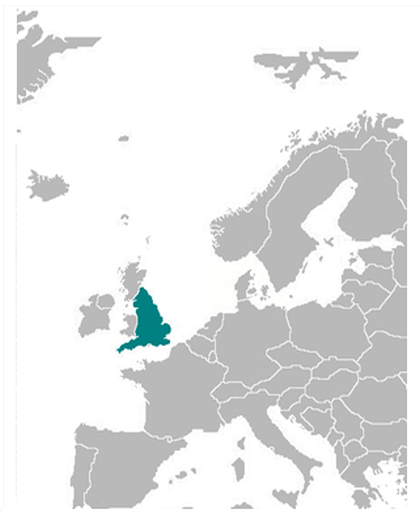

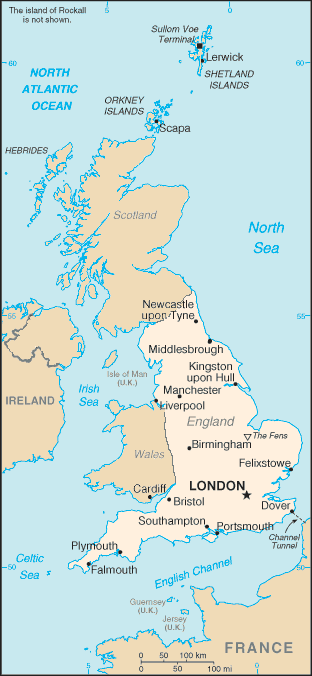
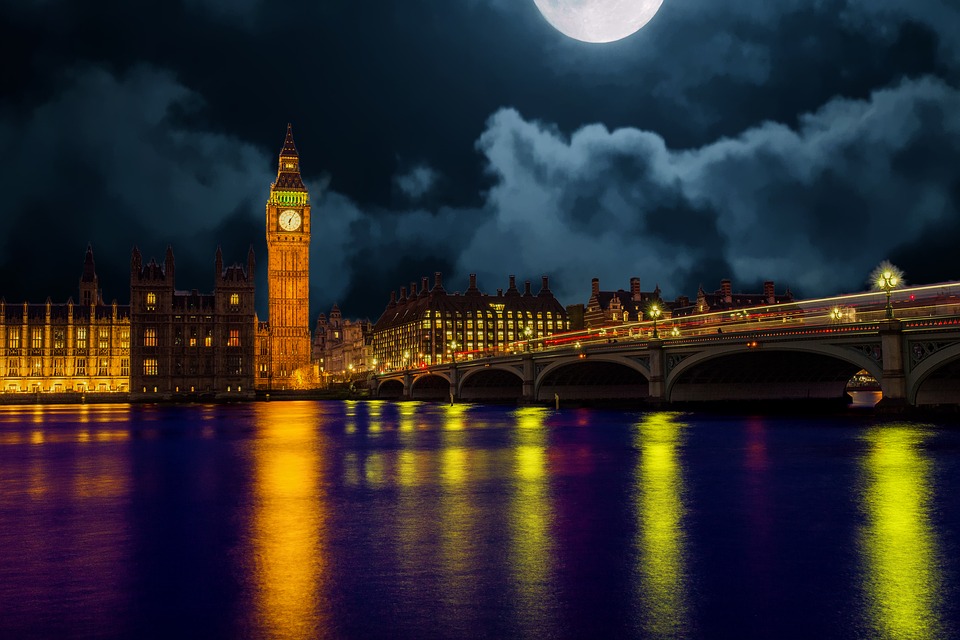
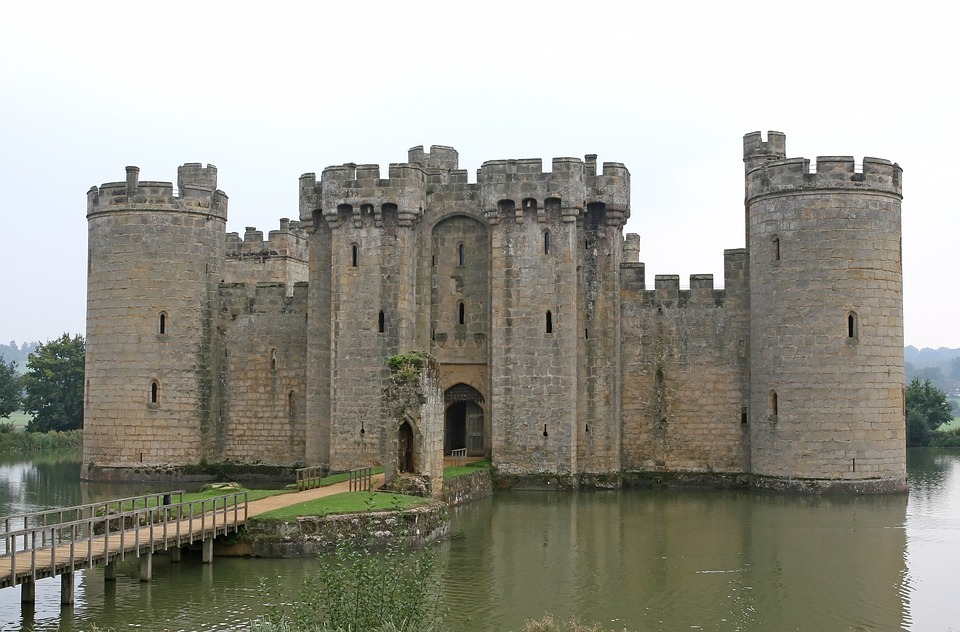
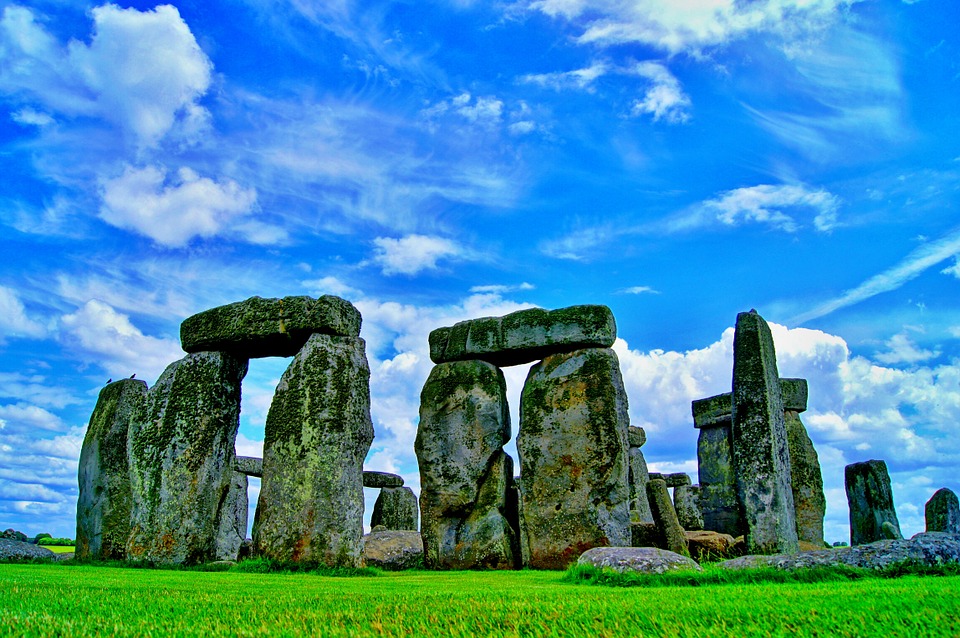

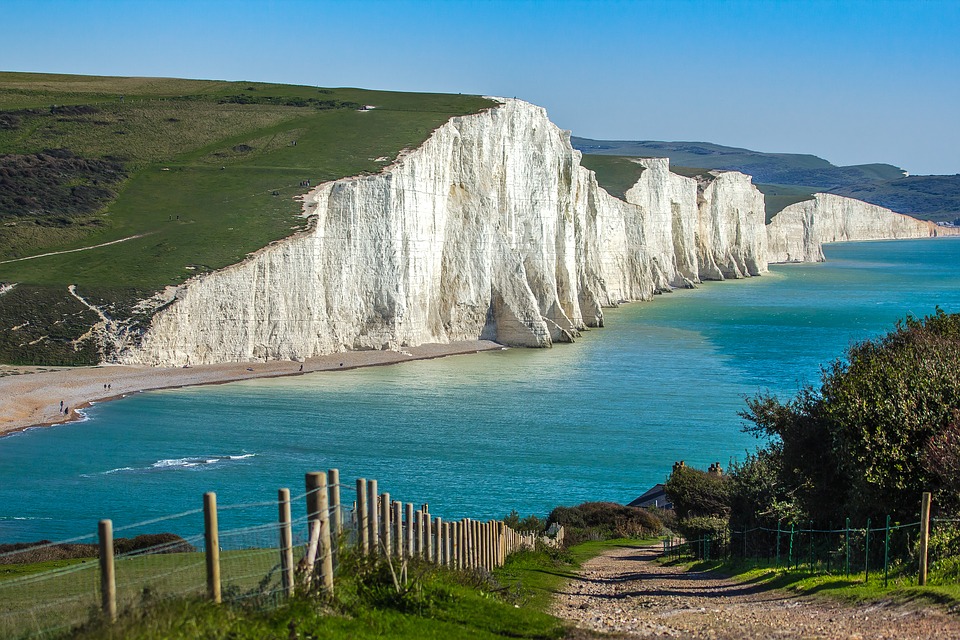
Capital: London
Population (Estimated 2012): 52,656,400
Area: 130,395 km2 or 50,346 mi2
Currency: Pound Sterling (GBP(£))
Official Language: English
Political Information: Constitutional Monarchy and Democratic Parliament
Official Religion: No Official Religion (approximately 77.7% of the population are Christian, 3.2% are Muslim, 1.2% are Hindu, 1.8% have other religious beliefs and 16.1% have no religious beliefs Based on 2001 Census for England and Wales)
Highest Mountain: Scafell Pike at 978m or 3,209ft
GDP Official Exchange Rate (OER is more precise at gauging a countries economic power)
(Estimated 2011): (US$) or (GBP)
GDP (OER) Per Capita (per member of the population estimated 2011): (US$) or (GBP)
GDP Purchasing Power Parity (PPP is good for gauging living conditions and use of resources but not as accurate as OER. This data has been calculated based on the sum value of all goods and services produced in the country valued at prices prevailing in the United States)
(Estimated 2011): (US$) or (GBP)
GDP (PPP) Per Capita (per member of the population estimated 2011): (US$) or (GBP)
Time Zone (GMT/UTC): GMT
Counties/Provinces/States: (Counties)Bedfordshire, Berkshire, Buckinghamshire, Cambridgeshire, Cheshire, Cornwall, Cumbria, Derbyshire, Devon, Dorset, Durham, East Riding, East Sussex, East Yorkshire, Essex, Gloucestershire, Greater London, Hampshire, Hertfordshire, Huntingdonshire, Kent, Lancashire, Leicestershire, Lincolnshire, Merseyside, Middlesex, Norfolk, Northamptonshire, Northumberland, Nottinghamshire, Oxfordshire, Rutland, Shropshire, Somerset, South Yorkshire, Staffordshire, Suffolk, Surrey, Tyne and Wear, Warwickshire, Westmorland, Wiltshire, Worcestershire, West Sussex and West Yorkshire.
Leaders: H.M. Queen ELIZABETH II (since 6 February 1952); Heir Apparent Prince CHARLES, son of the queen (born 14 November 1948); Prime Minister Theresa MAY (Conservative) (since 13 July 2016)
Crowborough – East Sussex
Crowborough is a charming town located in the Wealden district of East Sussex, England. Situated on the edge of Ashdown Forest, it is surrounded by beautiful countryside and offers a peaceful and picturesque setting. With a population of approximately 22,000,...
Seaford – East Sussex
Seaford, located in East Sussex, is a charming coastal town that offers a perfect blend of natural beauty, cultural attractions, and a vibrant community. This blog post aims to provide a comprehensive guide to Seaford, highlighting its history, stunning coastal...
Bexhill-on-Sea – East Sussex
Bexhill-on-Sea is a charming coastal town located in East Sussex, England. Situated on the south coast, it is approximately 50 miles southeast of London. Bexhill-on-Sea is known for its beautiful beaches, historic landmarks, and vibrant community. The town has a...
Hastings – East Sussex
Hastings, located in East Sussex on the south coast of England, is a town steeped in history and charm. With its roots dating back to the 8th century, Hastings has played a significant role in English history and continues to be a popular destination for tourists and...
Eastbourne – East Sussex
Eastbourne is a charming seaside town located on the south coast of England in East Sussex. With its beautiful beaches, stunning gardens, and rich history, it is a popular destination for tourists and locals alike. The town is known for its Victorian architecture,...
Brighton & Hove (Unitary Authority) – technically part of East Sussex
Brighton & Hove, located on the south coast of England, is a vibrant and diverse city that offers something for everyone. With its stunning beaches, lively arts scene, and rich history, it has become a popular destination for tourists and locals alike. Whether...
Suffolk, England
Located on the eastern coast of England, Suffolk is a county known for its rich history, natural beauty, and cultural offerings. With its picturesque landscapes, charming towns and villages, and vibrant arts scene, Suffolk has something to offer every visitor. Whether...
Staffordshire, England
Located in the heart of England, Staffordshire is a county with a rich history and vibrant culture. It is bordered by Cheshire to the north, Derbyshire and Leicestershire to the east, Warwickshire to the south, and Shropshire to the west. The county has a diverse...
Yorkshire, England
Located in the northern part of England, Yorkshire is the largest county in the country. With an area of over 11,000 square kilometers, it is home to a population of around 5 million people. Yorkshire is known for its diverse landscapes, ranging from rolling hills and...
Worcestershire, England
Worcestershire is a county located in the West Midlands region of England. It is bordered by the counties of Warwickshire, Gloucestershire, Herefordshire, Shropshire, Staffordshire, and the West Midlands. The county has a population of approximately 590,000 people....
Wiltshire, England
Wiltshire is a county located in the South West region of England. It is bordered by six other counties, including Hampshire, Dorset, Somerset, Gloucestershire, Oxfordshire, and Berkshire. With an area of approximately 3,485 square kilometers, it is one of the largest...
Somerset, England
Located in the South West of England, Somerset is a county known for its stunning landscapes, rich history, and charming villages. It is bordered by the counties of Devon, Dorset, Wiltshire, and Gloucestershire, and is home to a diverse range of attractions and...
